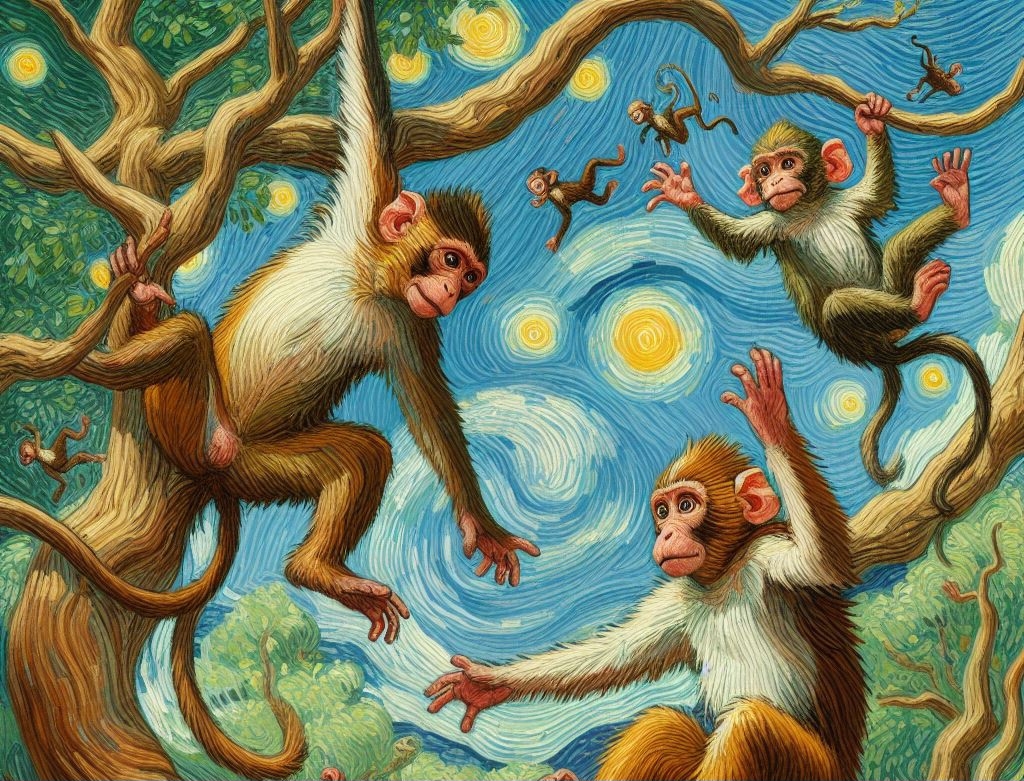When Two People Become Strangers
A lot factors build and weaken existing associations with people. It could be time, communication, distance and personality changes, or merely chance. Whatever it is, the end result is that negative changes in relationships yield an emotion of longing, sadness or fear of the unknown.
Things may start well. People communicate with passion contributing to more positive emotions, propelling people to know each other better. Time seems to run so fast and the desire to be together seems to be stronger everyday. It seems that people know each other for long time that whatever the other person does is familiar and expected. Talks become deeper and more personal as more effort to spend time is initiated to spend time together, no matter what it takes, because it simply nurtures happiness.
Suddenly, things change. The same positive emotion could trigger people to be possessive, limiting freedom and rejecting the idea of sharing the other with people whom will help the person socialize and learn. This is natural tendency to hold on something that seems to be good. However, not everyone are suited for this kind of restrictions. For people are born to be free, it is natural for people to seek for freedom. In spite of the good feelings pouring endlessly, this does not give us the reason to stop and demand the other for the restrictions we want.
Now, people start to act differently. We would not understand how a good thing turns something different. This leads to confusion and contributes to impose more restrictions. It is expected that when people are threatened to lose something, they want to hold on to it more tighter. People do not realize that things have changed because of the restrictions and demanding for more will result to more changes. Communication and understanding, however, could alleviate the problem. Knowing and acknowledging the existence of the problem craft mutual solutions addressing the situation.
However, even mutual solutions are identified, it may still not be enough. When other factors try to challenge people, things become more complicated than first thought. The complexity makes people tired as solutions seem not working and insufficient. We try to find more solutions, but implementing it becomes more difficult, especially we only select things we want to understand. This happens when we try to see the problem in one or several perspective only because it hurts us to see things in a holistic point of view. The holistic perspective may allow us to see things will not really work, as more challenges may be present and left unsolved, while the preferred perspective seems to be encourage us still, even though in reality it is the contrary.
People keep on denying the problem and not addressing the real problem as early as possible. More changes occur, without relating it to the problem. We become more confused and the good memories shared becomes part of history. Reminiscing them becomes nostalgic that we want things to be back as usual, but takes extraordinary actions to do this. Too extraordinary actions make people more confused and hopeless. Later on, people are left with no option but to merely keep quiet and stop finding solutions. Then, the good feelings once shared between people become a parcel of our thoughts. It becomes an inspiration to move on that will never become a reality. Thus, the two willing individuals, who shared many things suddenly end up becoming strangers.
That strange feeling like walking and meeting someone in the street when one feels that another person passing by is nice and interesting, but one no longer stops the person to even greet and know the other better. It is sad but it happens. All we need to do is accept that some things do not turn out well, even though we want things to be the opposite. The important thing is while in the process of turning individuals into mere strangers, these individuals learn for them to avoid the same situation happens to them in the future. :-)











Comments
Post a Comment